
Reading a book is complete only when you understand what is written in it. You cannot enjoy what the book has to offer if you do not get the meaning.
For understanding the essence of the text, we need to put our reading comprehension skills to work, exercises like Collaborative Strategic Reading shows us where our reading comprehension lies.
Comprehension means understanding the meaning of something. Reading comprehension is the process of going through written text, understanding its meaning, and relating it to pre-existing knowledge.
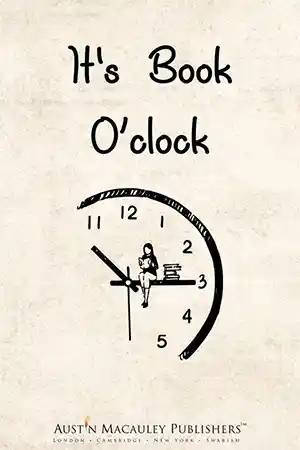
Be it, kids or adults, reading is a major part of our lives. And that is why improving reading skills is essential. The more you read, the more enhanced your knowledge base would be. It is also not always about knowledge, we also read for enjoyment. There are so many books to enjoy in the world, like popular high school books, mystery thrillers, romance novels, etc.
If you are one of those who are looking for ways on, “how to improve reading comprehension skills?”, you have come to the right place. This post is a thoroughly researched account of all the methods you can use to improve your reading comprehension.

We have carefully handpicked tips and tricks that are going to assist you in advancing your comprehension skills from the core. Refer to the table of contents below to infer the ‘Whats’ and ‘Hows’ of this research on reading comprehension strategies.
We have compiled all the necessary skills and techniques that serve as comprehension strategies for reading. Before moving on to the practices that you need to adopt or focus on, let’s get to know what reading comprehension is.
What is Reading Comprehension?
Just by the name of it, we can understand that reading comprehension means the act and ability to understand what is being read. To elaborate on this simple definition, it can be described as the process of recognizing written words, processing their meanings, and realizing the essence that is being conveyed by the author.
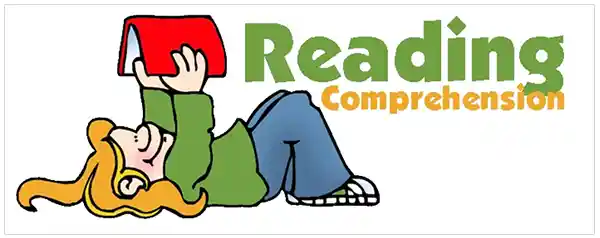
When you read, you are recalling your past knowledge, like the meaning of words you know. Along with this, you are also building up new knowledge by encountering new facts and details.
Reading is a fundamental skill, meaning it is one of the first things taught to us by our elders. The more we read, the better we become at it. Just like other skills, practicing more and more will boost your reading skill set.
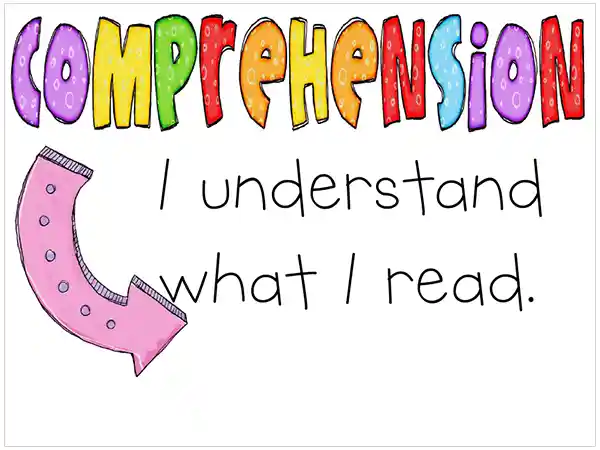
Books convey emotions and thoughts without talking; they connect us to the beautiful minds of people whom we have never met; and they take us to places while we are just sitting in a corner of our room with a cup of coffee. As Stephen King said, “Books are uniquely portable magic”.

Reading comprehension skill, at its simplest, is based on 2 basic factors: Text Comprehension and Word Reading.
Word reading is perceiving a series of words in a language and decoding their meaning. Whereas text comprehension is grasping the meaning of an entire piece of text.
So together, they mean to understand each word discreetly and then read them all together to get the context of the entire content as a whole.
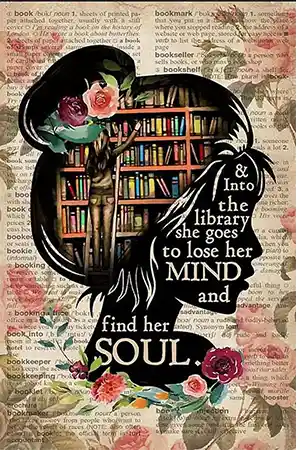
Reading comprehension may not come as easily to everyone. The comprehension skills actually depend on many other key skills. Being an expert reader requires you to master these skills discreetly. Let’s get to know what these skills are.
The Prerequisites of Reading Comprehension
Reading may seem like a mere act of going through written text. But it is an intricate activity that calls upon a lot of our acquired skills and inherent abilities.
Most of us learn comprehension skills by following the instructions of those who are proficient in them. And there are others who learn it through their experiences and develop their own methods too.
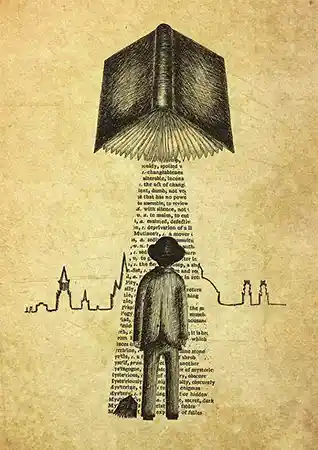
No matter how you learn and improve your reading comprehension, there are certain factors that need to be mastered to be a great reader.
Decoding
This is the act of translating a written word into speech. Or it can also mean saying the words out loud that we have heard before but never seen in writing. This is an essential process that depends on our knowledge of sound-symbol connections.
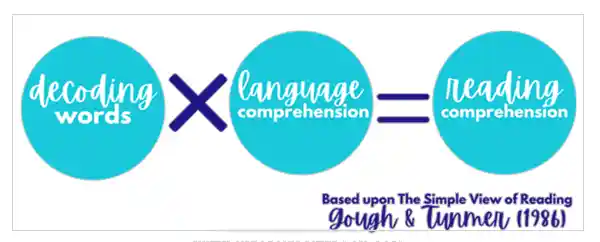
Kids with reading difficulties may struggle with decoding. In such a case, the best method is to break down a word into different parts with different sounds, much like what is done in the Orton Gillingham Approach.
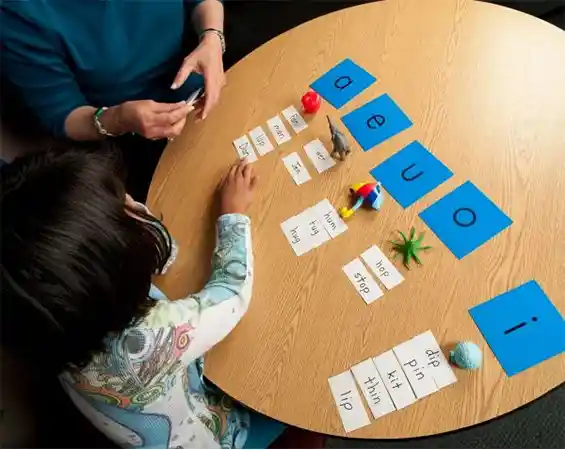
To be perfectly candid, anyone can use the strategies of the Orton Gillingham reading program whenever they encounter a complex word.
Fluency
Fluency is the ability to read a text at a considerably quick pace without stopping, while also understanding the meaning of the word or text at the same speed. Fluency requires you to recognize words instantly.
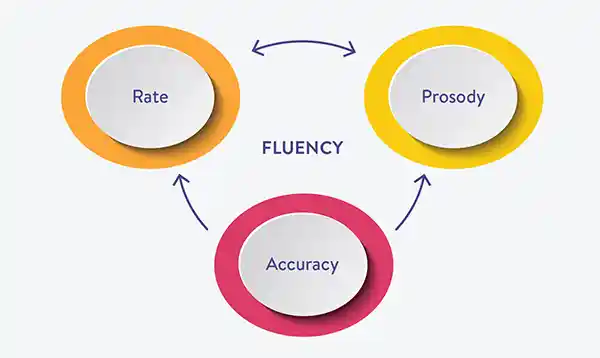
Fluency is essentially made up of 4 qualities: Rate, Prosody, and Accuracy.
Prosody means the ability to read out words. Rate signifies the speed at which the reader is going through the content. And obviously, we have to pay attention to accuracy as well. Lastly comes, expression which helps to understand the meaning and punctuation with the help of the tone of the reader.
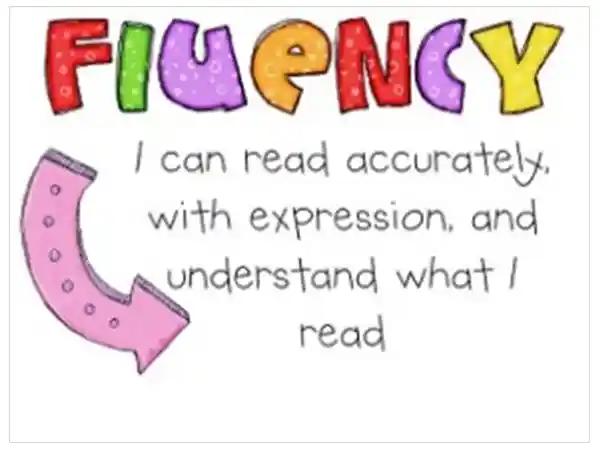
There are 3 main goals that need to be achieved to be a fluent reader:
- Reading at a uniform yet acceptably fast speed.
- Understanding the complete sense of the content being read.
- And lastly, making minimal to no errors while pronouncing words or during the expression.
Vocabulary
Vocabulary means the collection of words you know the meaning of. A strong vocabulary helps you achieve fluency in your reading. A good vocabulary also presents you as the smartest person in the room.
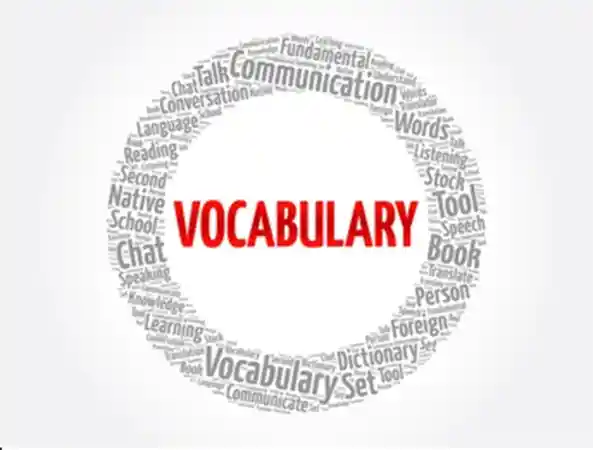
Vocabulary is enriched either through instructions or from everyday experiences. That is why you need to read more. Parents can enrich their kid’s vocabulary by reading with them.
Teachers can make choice boards for teaching new words. Teachers can display new words on a choice board in class, and students can pick out which words to learn and at what speed.
Sentence Structure and Coherence
Coherence, or cohesion, is the process of reading the words of the sentences to derive the meanings and insight of the statement. Cohesion is basically the process of making connections between the words of the sentence and also between the sentences to get an idea about the content.
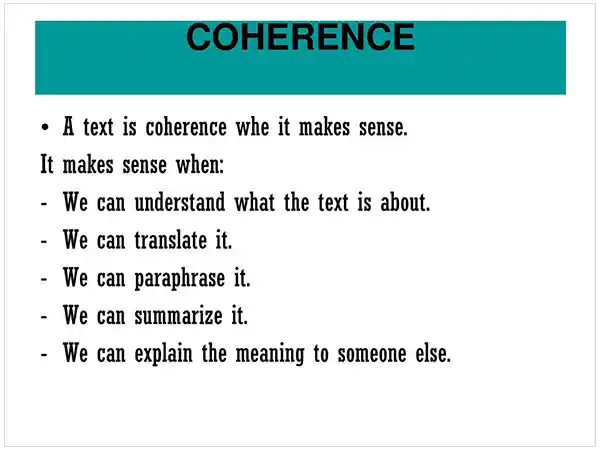
The structure of the sentence is the pattern of how all the words are put together in a sentence. There are 4 types of sentence structure: simple, compound, complex, and compound-complex.
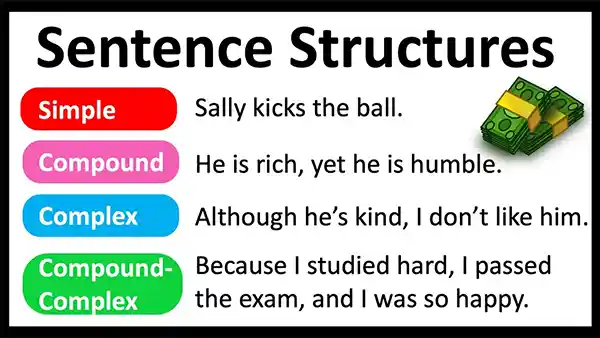
The techniques to learn coherence and sentence structure are explicit instructions from educators. Teachers need to elaborate on why the sequence of the words and sentences makes sense.
Background Knowledge and Logical Thinking
Learning involves the process of connecting new knowledge with known facts. Reasoning is also an important component of reading comprehension. Acknowledging the background settings or backstory of the events or character(s) helps us realize why something is happening.
Prior knowledge about events helps derive hidden meanings and contexts even when they are not explicitly discussed.
Attentiveness and Active Memory
These are two important mental skills that help us develop and improve our reading comprehension skills.

We need to notice information while reading to add facts to our memory. Reading comprehension involves both understanding and remembering what is being read.
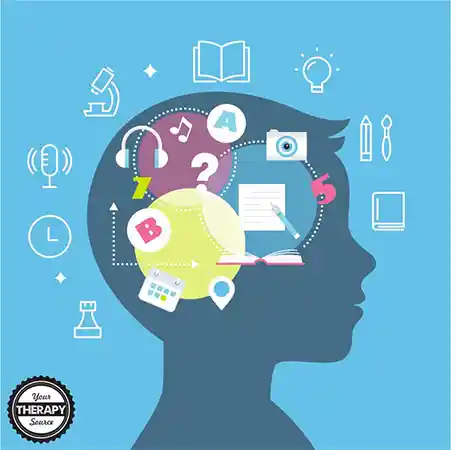
Developing attentiveness can be done by introducing interesting and fun content to children in their primitive learning years. And it also helps in developing independent reading.
Let us now move on to understand how you can refine your reading comprehension skill to the next stage.
Also Read: Can You Share Audible Books: 4 Easy Methods to Share Audible Books for Free.
Basic Skills for Reading Comprehension
Reading Comprehension is a composite process that calls upon both our logical and imaginative abilities. It is mainly influenced by 4 linguistic skills: phonology, syntax, semantics, and pragmatics. All the reading comprehension strategies revolve around improving each one of these.
Phonology is the study of phonic arrangement in a language or dialect. Syntax tells us how the smallest units of words come together to combine and form larger units like phrases and sentences.
Coming to semantics, it helps us understand the logical and lexical meaning behind sentences. And lastly, pragmatics is associating what the writer means with what the reader infers.
For reading comprehension, we need to master each one of them separately.
Before starting your work on brushing up your reading comprehension skill, let us familiarize you with the basics:
- Recognizing words and recalling their meanings.
- Processing how the text is arranged.
- Understanding the concepts of antecedents and proforms.
- Speculating on the conclusion of the text.
- Connecting to the central theme of the content.
- Ability to have queries about the content read.
- Ability to find out the answers to said queries.
- Understanding the text in a way to picture the course of events.
- Connecting the new information with the pre-existing knowledge base.
- Identifying areas of perplexity and complications.
- Determining the techniques used to relay the information to the reader.
- Recognize the propositional structures present in the content and use them to identify the tone of the text.
- Notice the mood of the scene and understand the style of speech.
- Connecting with the mind of the writer by identifying their intent, purpose, and outlook about the events in the content.
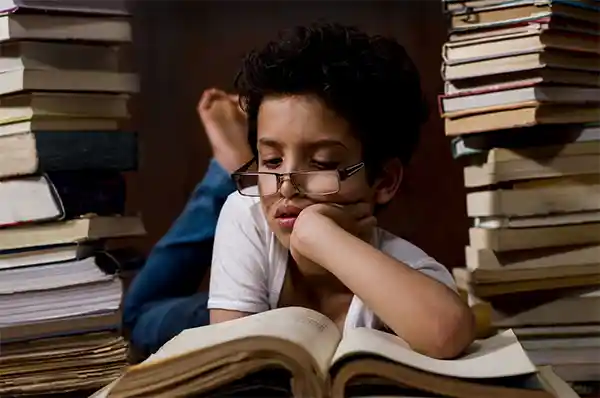
There are certain comprehension skills that need to be applied to enhance reading comprehension. These are:
- Summarizing.
